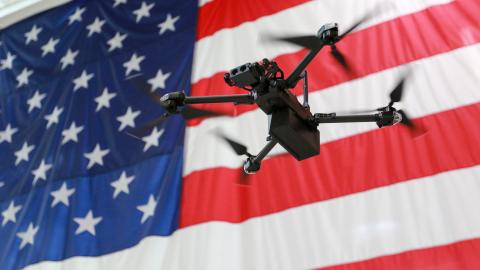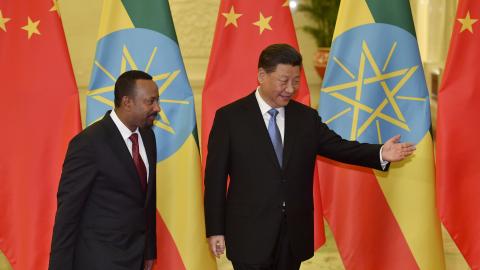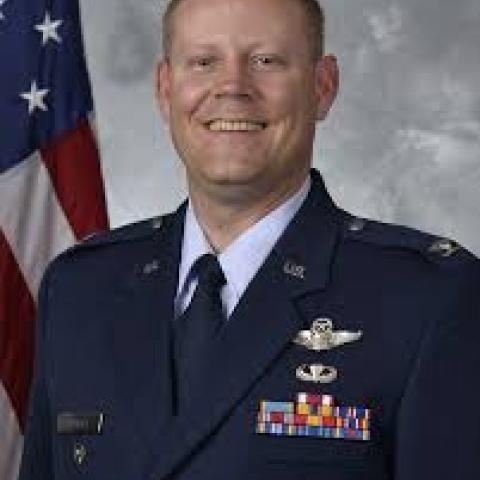


Murray will join Hudson Senior Fellow Dr. Rebeccah L. Heinrichs for a discussion on his conversations in the Middle East, the aftermath of the October 7 massacre, and the historical and moral dimensions of the ongoing conflict between Israel and the terrorists who seek to destroy it.


At Sea Air Space 2025, Senior Fellows Bryan Clark, Dan Patt, and Timothy A. Walton will discuss their findings with a panel of government and industry experts tasked with implementing these ideas.


The Hudson Institute Political Studies Policy Certificate Program gathers talented early career professionals for advanced study of American foreign and domestic policy and national security, led by policy experts and experienced government officials.


In this episode, experts discuss what regional powers such as the United Arab Emirates, Saudi Arabia, Egypt, Türkiye, and Qatar are doing in the Horn, their strategies and motivations, and the impact they might have on the region.



























